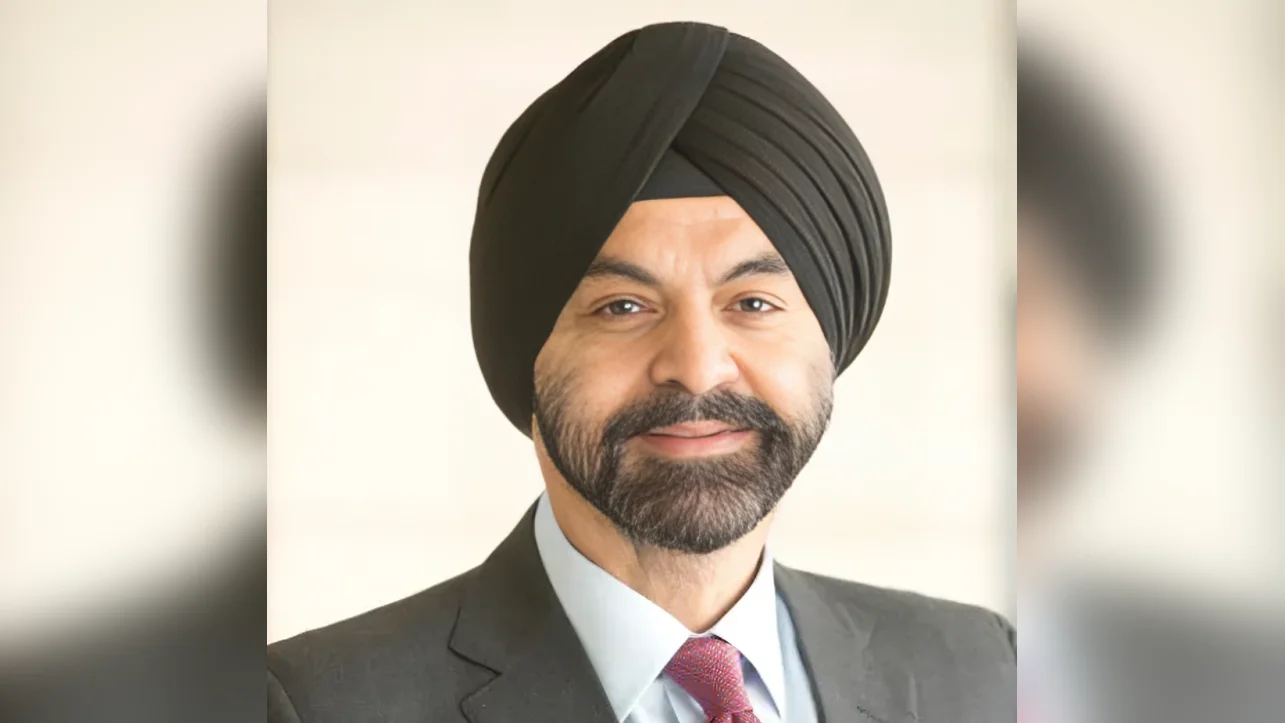Recently, the Think Africa Partnership (TAP) and the Association for the Advancement of African Women Economists (AAAWE) hosted a webinar titled "African Women in the Economics Profession." The event was part of their joint Female Mentorship Program. Among the speakers was Crystal Simeoni, Director of Nawi – the Afrifem Macroeconomics Collective and a Pan-African feminist. Simeoni shared insights from her career and offered six points of wisdom to aspiring African women economists.
Reflecting on her journey in macro-level economics from a Pan-African feminist perspective, Simeoni noted that the field is predominantly led by men, particularly those from the global north. She highlighted that this trend continues within Africa, where macroeconomic work remains male-dominated.
Simeoni's first point urged women to challenge traditional economic teachings that often overlook women's contributions and informal economies. She emphasized understanding qualitative data and advocating for quantitative data that highlights gender disparities.
Her second piece of advice centered on intersectionality, recognizing how various identities such as race, class, and ability shape women's experiences. She encouraged centering marginalized women's voices in research.
The third point focused on building solidarity among feminist economists across Africa by sharing knowledge and supporting each other's work. Simeoni stressed the importance of aligning with social movements to address real-life issues.
She also advised prioritizing social reproduction by challenging traditional economic models that undervalue women's labor. Advocating for policies recognizing this labor is crucial for supporting families and communities.
Fifthly, she called for promoting feminist economic policy alternatives by referencing existing theories to address epistemological imbalances in economics.
Lastly, Simeoni emphasized nurturing future generations through mentorship and creating spaces for dialogue between different regions and age groups.
Concluding her remarks, Simeoni reminded participants that achieving economic justice requires collective effort over time: "Stay committed, stay together, and never underestimate the power of your ideas."

